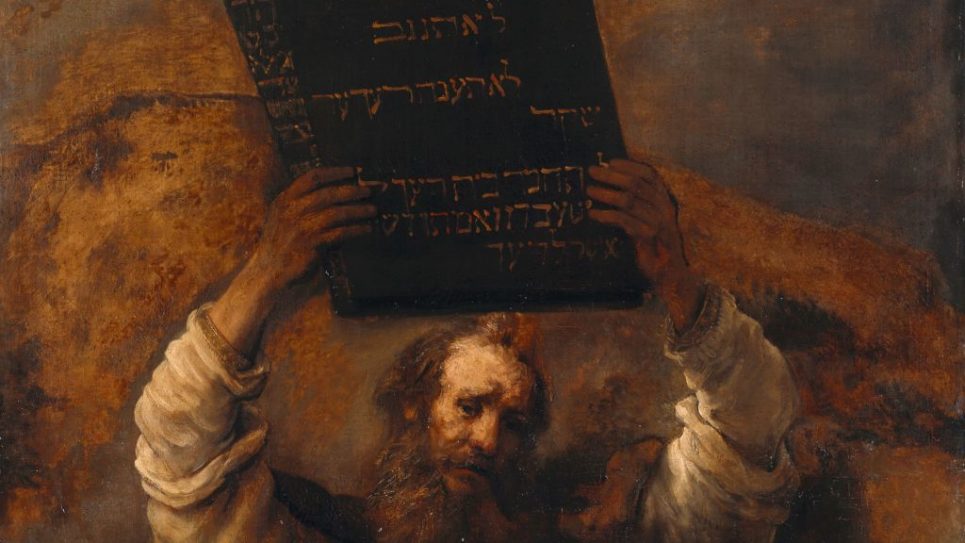
The Art of Gifting
With the school year coming to a close, there is much ado about gifts: gifts for the teachers, gifts for the graduates and let’s hope at least a pat on the back for yourself as the parent.
I got my child safely through another nine months of schooling. Healthy lunches, clean clothes, homework and science projects. All done. For now. Yay me (times eight).
In the early years of the Intown Jewish Preschool, which I founded, the parents would ask me about arranging different end-of-year gifts for the teachers. A cute apron or mug or pad of paper, and a lot of other cutesy ideas.
At one point I became a little exasperated and exclaimed, “These are highly intelligent teachers with strong educational backgrounds. They teach preschool. They are not preschoolers!”
Really, I was trying to make a stronger point. I wanted the parents of the preschool children to know about the professionalism of our staff and how valuable we consider the early learning years to be.
People often mistake a preschool teacher for someone who is observing mindless play and facilitating adorable crafts. They know about the hard, physical work but often don’t know the deep, interpersonal engagements and the considerable knowledge one must possess to effectively educate a young child. It is easy to explain mathematics to a room full of Tech students, much harder to a room full of 4-year-olds.
The upcoming holiday of Shavuot gives us some insight into how the simplicity of the child and a child’s education is in fact very significant. G-d, it seems, also agrees that there is great value to the innocence and playfulness of children.
Shavuot is the holiday that celebrates the giving of the Torah at Mount Sinai: 3,329 years ago, exactly 40 days after they left Egypt, the Jews received the Torah.
The midrash relates that G-d would not give the Jewish people the Torah unless they could provide guarantors for His precious gift. The Jewish people offered up the forefathers as guarantors, but this was not sufficient. “Your guarantors themselves require guarantors” was G‑d’s reply.
Then the Jewish people offered the prophets as the guarantors. “The shepherds have rebelled against Me,” G‑d replied (Jeremiah 2:8). “Bring proper guarantors, and only then will I give you the Torah.”
Finally, without recourse, the Jews said, “Let our children be our guarantors.”
“They truly are worthy guarantors,” G‑d replied. “Because of them, I will give the Torah.”
Why the children?
Indeed, children are 25 percent of the population and 100 percent of the future, but the reason they were considered the most suitable to guarantee G-d’s precious gift is much more nuanced.
G-d gave us the Torah to practice it and study it. In order to study something meaningfully, one must ask questions: “Why is this stated?”; “What is the reason for this conclusion?”; and so on. We are not meant to blindly observe our faith; we are meant to question and delve deeper.
Both adult and child learners ask questions, only differing in the source of their inquiry. When an adult poses a question, he is often doubting the premise of the law or principle. And if the answer to the question is not to the adult’s understanding or emotional comfort, he will reject it entirely.
Children, on the other hand, have a deep faith in the unknown. They instinctively know that they don’t have all the answers and that they have to believe in an idea even if they cannot understand it. They ask to gain more information, not to discredit.
This is what G-d wants us to emulate, and this is how He knows His Torah will not be forgotten. Ask many questions, be curious, dig deep, but when the answers come up insufficient or uncomfortable, be like a child and rely on your innate faith.
A child is comfortable knowing that the parent or teacher has a deeper understanding. As adults, we too need to remember that human beings are limited, while G-d is infinite.
When we consider how much there is to learn from children and with children, it is befitting that G-d chose them as the foundation in gifting the Torah.
Lest we feel overlooked, we too can be the guarantors if we engage in our own learning with the faith of a child.
Wednesday, May 31, is the first day of Shavuot. The Ten Commandments are read in synagogue, and guess who is the guest of honor at services? You guessed it: the children. So bring your children and your own inner child and stand ready to accept G-d’s gift once again. Happy gifting, happy studying and happy Shavuot.
By Dena Schusterman
